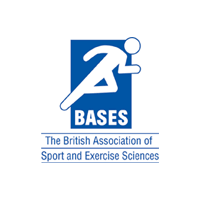With the Olympic Games just round the corner, elite athletes are looking at all possible ways to gain an advantage when it comes to performance. Exercise, nutrition and sleep are widely recognised as the three pillars of health, and this is no different for elite athletes. Several factors contribute to success in sport, and both sleep and a well-balanced diet are key components. Sleep is, by far, the greatest legal performance enhancing “drug” to assist with recovery. A large focus has been placed in sport on sleep science as part of an advanced training and recovery plan in elite athletes. Sleep has important biological functions related to physiological processes, learning, memory, and cognition and plays a major role in optimal athlete health and injury prevention. The prevalence of sleep inadequacy has been reported to be high among elite athletic populations. It has been suggested that elite athletes require 8-9 hours of undisturbed sleep, yet approximately 50% of elite athletes are below the poor sleep threshold. Sleep disturbances can affect training and competition directly, through fatigue, or indirectly, through sleep-related performance anxieties.
Sleeping your way to victory: sleep behaviour impacts elite performance
Online
Wednesday, 17 July 2024 12:30 - 13:30 BST

